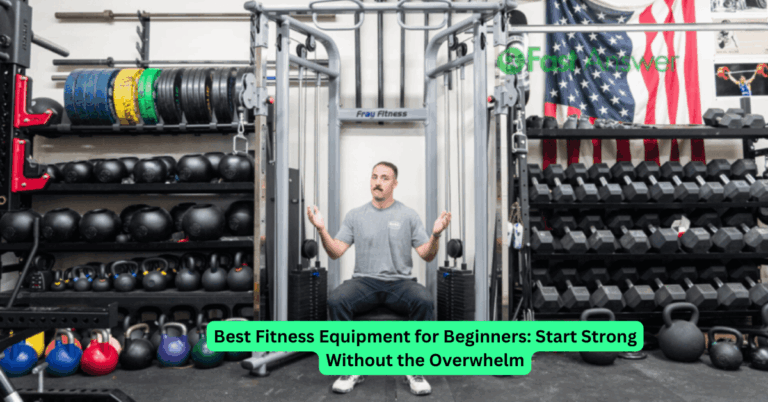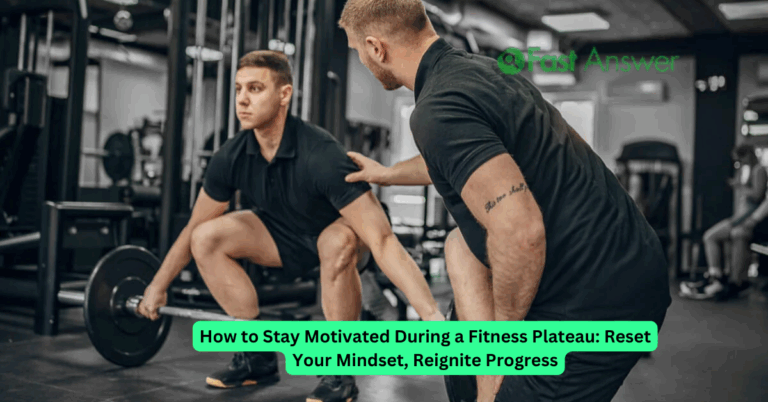Vegan Nutrition Tips for Fitness Enthusiasts: Fuel Your Body, Elevate Your Performance
Choosing a plant-based lifestyle doesn’t mean compromising on strength, energy, or muscle growth. In fact, with the right strategies, vegan athletes and fitness enthusiasts can thrive building lean muscle, improving endurance, and recovering faster. The key is understanding how to meet your nutritional needs while staying true to your plant-powered values. Whether you’re lifting heavy, training for endurance, or simply staying active, this guide to vegan nutrition tips for fitness enthusiasts is designed to help you eat smarter, train stronger, and recover faster, all while staying entirely plant-based.
Balance Is More Than Calories: Mastering Your Macros as a Vegan
One of the most common concerns with vegan fitness nutrition is getting enough protein but it’s just as important to balance carbohydrates and fats. Carbs are your body’s primary fuel for workouts, especially for cardio and high-intensity training. Whole grains, legumes, fruits, and root vegetables provide long-lasting energy without the crash. Healthy fats from avocado, flaxseed, nuts, and olive oil support hormone function and inflammation control. Protein, while abundant in the plant world, needs variety combine lentils, quinoa, tofu, tempeh, and plant-based protein powders to cover all essential amino acids and keep muscle building on track.
The Power of Plant Protein: Getting Enough Without Supplements
It’s entirely possible to meet your protein goals on a vegan diet using whole foods. While animal proteins are complete, many plant sources are only partial but that’s not a problem when meals are diverse. Pairing legumes with grains (like beans and rice or hummus and whole wheat pita) helps build complete protein profiles. Tofu, tempeh, edamame, lentils, seitan, and hemp seeds are protein-dense, making them perfect staples for anyone training regularly. While supplements can be convenient post-workout, whole food options deliver fiber, antioxidants, and a range of nutrients that support overall recovery and health.
Micronutrients That Matter: Don’t Overlook These Essentials
Active vegans need to pay close attention to certain vitamins and minerals that are harder to obtain through plants alone. B12, iron, omega-3 fatty acids, calcium, and zinc are key for performance, recovery, and immune function. Fortified plant milks, leafy greens, beans, chia seeds, and sea vegetables can help bridge these gaps. A high-quality multivitamin or specific supplements may also be recommended, especially for B12 and DHA/EPA omega-3s. Staying ahead on these micronutrients ensures your energy stays high, your focus stays sharp, and your progress continues without fatigue or plateaus.
Fueling for Performance and Recovery the Plant-Based Way
Pre-workout meals should prioritize easy-to-digest carbs paired with a touch of protein or fat think a banana with almond butter or oatmeal with berries. Post-workout, your body craves replenishment. A quick blend of plant protein powder, oat milk, spinach, and fruit can kickstart muscle repair and glycogen recovery. Throughout the day, keep blood sugar stable with frequent, balanced meals that support your activity level. Hydration is just as critical herbal teas, electrolyte-rich coconut water, and plenty of water help maintain fluid balance and keep performance steady.
Listen to Your Body and Adjust as You Grow
Every athlete’s nutritional needs are unique and they can shift as your training intensity changes. Pay attention to your energy levels, sleep quality, recovery time, and digestion. If your progress stalls or your performance dips, it might be time to adjust your meal timing, increase calories, or diversify your food sources. Vegan nutrition is flexible and adaptable what matters most is consistency, quality, and an open mind to refining your approach as your body evolves. Don’t be afraid to experiment and fine-tune until you find your personal balance.
Frequently Asked Questions
Can I build muscle effectively on a vegan diet?
Yes. With enough total calories and a mix of protein-rich plant foods, muscle gain is fully achievable on a vegan plan.
Do I need to take supplements as a vegan athlete?
You might benefit from B12, vitamin D, iron, and omega-3 supplements depending on your diet and blood levels.
What’s the best post-workout vegan meal?
A smoothie with plant-based protein, banana, spinach, and almond milk offers quick absorption and full recovery support.
Is soy bad for fitness or hormones?
No. Moderate soy consumption is safe and offers high-quality protein, especially from whole sources like tofu and edamame.
Can a vegan diet support high-intensity training?
Absolutely. With the right fuel, hydration, and recovery strategies, plant-based diets support everything from HIIT to endurance training.

